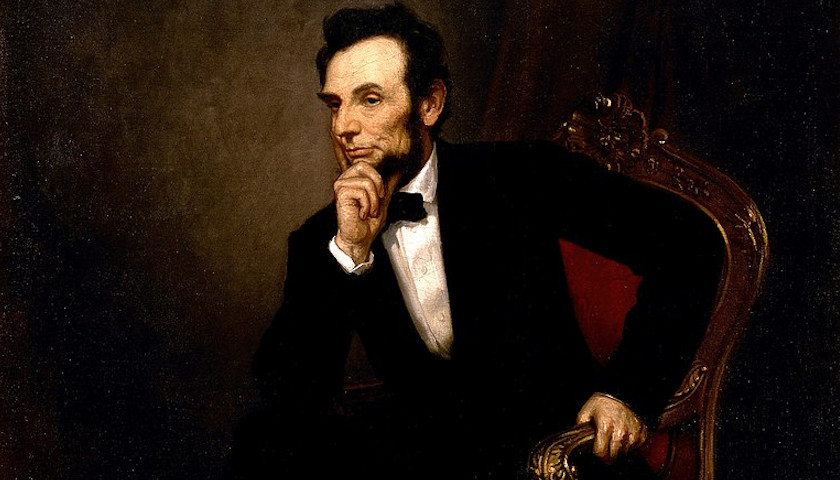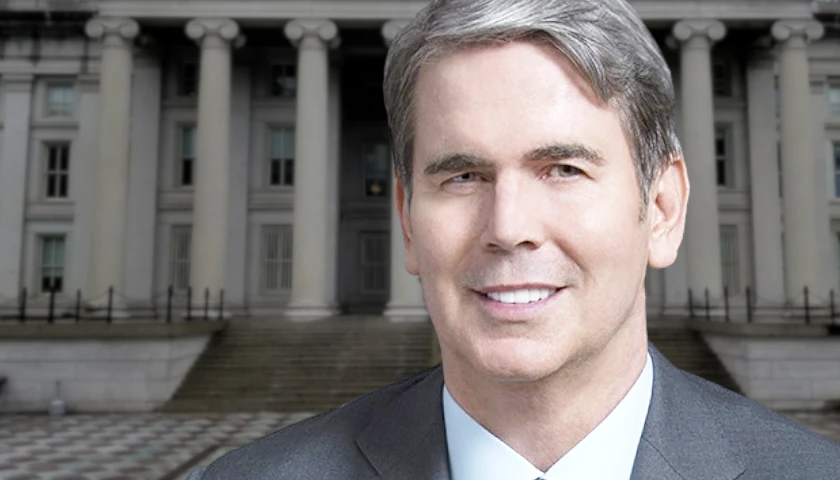by Catherine Smith
The Emancipation Memorial statue, put up in Boston’s Park Square in 1879, has been taken down after an online petition with more than 12,000 signatures called for its removal.
The statue of Abraham Lincoln with a freed slave appearing to kneel at his feet drew objections amid a national reckoning with ‘racial injustice’. The decision to remove “acknowledged the statue’s role in perpetuating harmful prejudices and obscuring the role of Black Americans in shaping the nation’s freedoms,” AP reports.
Workers removed the Emancipation Memorial, also known as the Emancipation Group and the Freedman’s Memorial, early Tuesday.
In late June, Boston’s arts commission and city officials voted unanimously to remove the memorial after complaints and a bitter debate over the design, according to AP. Dorchester native and social media influencer Tory Bullock started a petition to remove the sculpture.
Mayor Marty Walsh acknowledged at the time that the statue made residents and visitors alike “uncomfortable.” The Mayor said in a statement Tuesday afternoon.“We’re pleased to have taken it down this morning.”
The bronze statue is a replica of the Emancipation Memorial in Washington D.C, a statue intended to commemorate the Emancipation Proclamation, the executive order Lincoln signed that ended slavery in the Confederacy. They were designed by Thomas Ball, a Boston native.
The statue was based on Archer Alexander, a Black man who escaped slavery, helped the Union Army and was the last man recaptured under the Fugitive Slave Act.
Critics said the memorial was racist and demeaning, perceiving the freed slave as kneeling before Lincoln, his white emancipator.
The funds for the original memorial were raised by freed black donors, according to The New York Times, they did not have a say in its design. The replica was a gift to Boston from local white politician and circus showman Moses Kimball, according to the city.
“The memorial had been on Boston’s radar at least since 2018, when it launched a comprehensive review of whether public sculptures, monuments and other artworks reflected the city’s diversity and didn’t offend communities of color. The arts commission said it was paying extra attention to works with “problematic histories,” AP reported.
The base now sits empty but the inscription remains and reads “A race set free and the country at peace. Lincoln rests from his labors.”
– – –
Catherine Smith reports for American Greatness.




